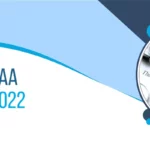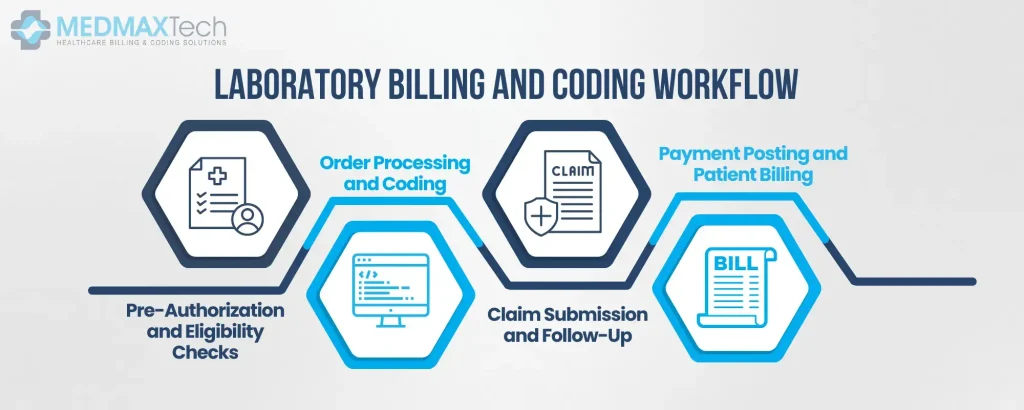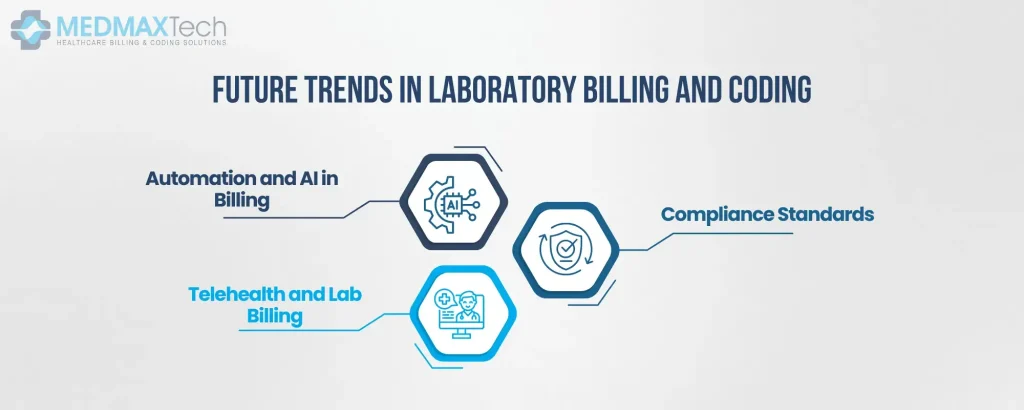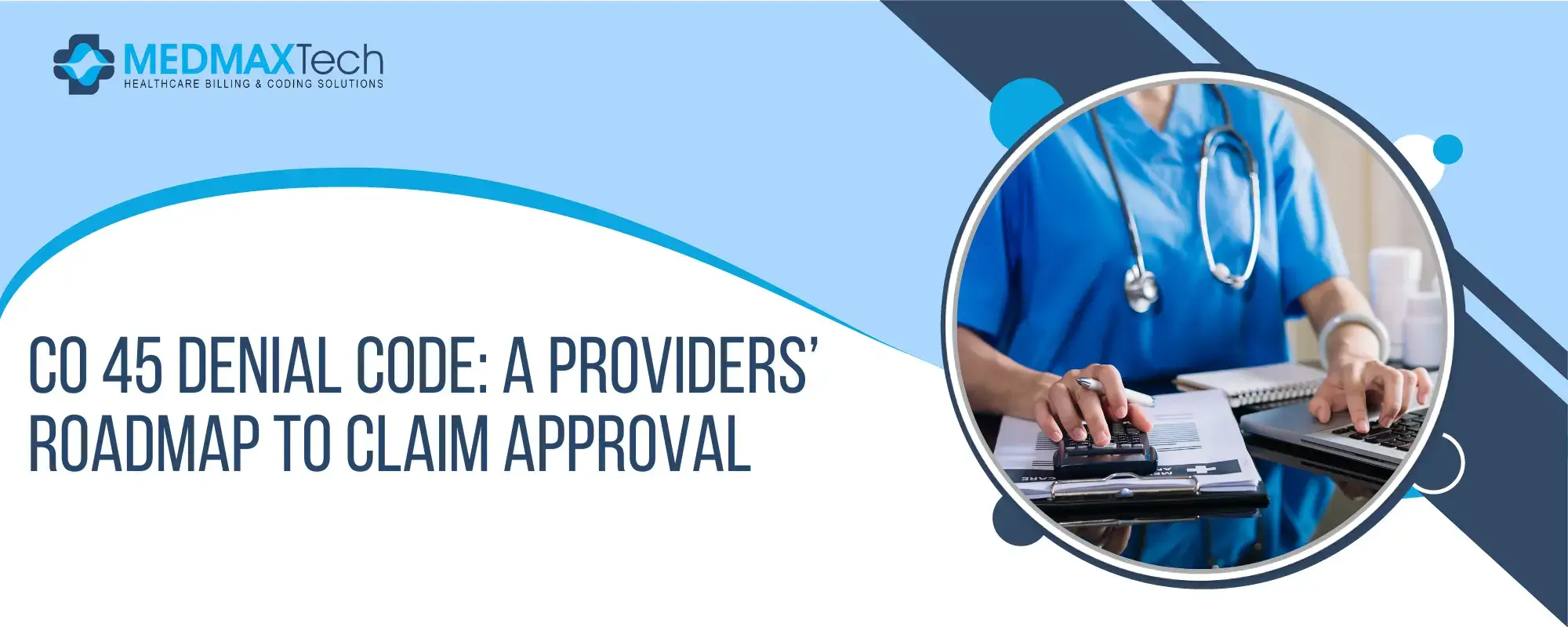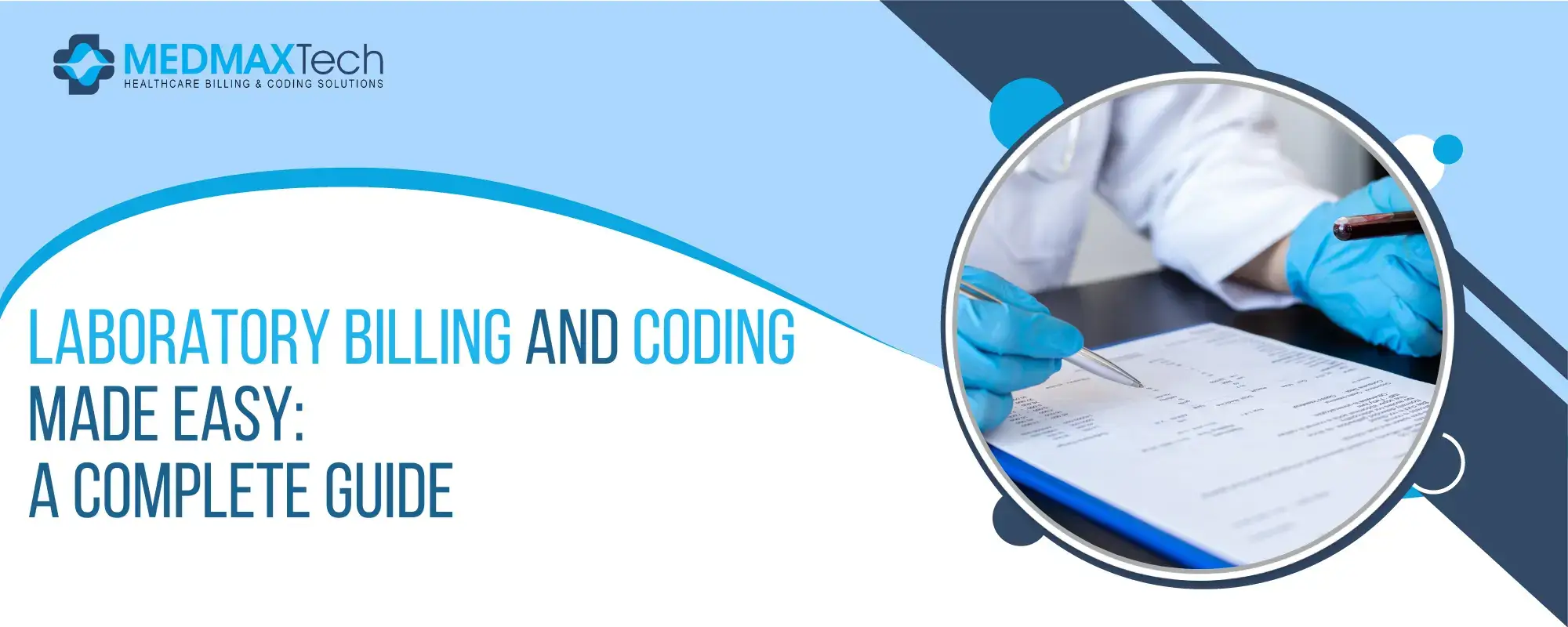
Laboratory Billing and Coding Made Easy: A Complete Guide
When it comes to managing a laboratory, billing, and coding are among the most important aspects. Laboratory billing involves charging patients or insurance companies for accurate and timely lab tests and services. It sounds straightforward, but it’s a bit more complex because of medical coding and insurance rules. Proper laboratory billing practices help laboratories stay financially strong and avoid billing process errors that can lead to delays or rejections in payment.
In fact, it’s estimated that up to 80% of medical bills contain errors, leading to billions in delayed reimbursements each year. By following structured lab billing and coding processes, laboratories can reduce errors, speed up payments, and remain compliant.
What is Laboratory Billing?
Laboratory billing is the process by which laboratories bill insurance companies or patients for lab tests or services provided. It involves gathering patient information, checking insurance coverage, coding tests accurately, and submitting claims. Laboratories often rely on lab billing services or specialized software to manage these tasks.
Key Terms in Laboratory Billing
- CPT Codes (Current Procedural Terminology): Codes for medical procedures or tests.
- ICD-10 Codes (International Classification of Diseases): Codes that explain the medical condition requiring the test.
- EOB (Explanation of Benefits): Document detailing the amount paid or denied by insurance for a service.
What is Laboratory Coding?
Medical coding is the process of translating laboratory tests into specific medical codes. These codes communicate the purpose and details of each test to insurance companies, helping them process claims accurately.
Common Laboratory Codes and Categories
- CPT Codes: Used to identify specific lab tests, like blood tests or imaging.
- ICD-10 Codes: Justify the need for the lab test by describing the patient’s condition.
- HCPCS Codes: Used for additional services or equipment that might accompany a lab test.
For example, if a patient comes in for a blood test to check for diabetes, the lab would use a specific CPT code for the blood test and an ICD-10 code related to diabetes screening. Getting these codes right is important for lab billing services to make sure that claims are accepted and paid.
Laboratory Billing and Coding Workflow
Pre-Authorization and Eligibility Checks
Before testing starts, it’s important to make sure the patient has insurance and get any permissions that are needed. A lot of medical billing teams use software to check status automatically. This speeds up the process and cuts down on mistakes.
Order Processing and Coding
When billing staff get a test order, they make sure the claim can be handled by assigning the right CPT and ICD-10 numbers. To give the right codes, everyone on the lab billing team needs to know how to code medical records.
Claim Submission and Follow-Up
The report is sent to the insurance company after it has been coded. The billing and coding teams keep an eye on the progress of every claim and quickly follow up on any rejects or delays.
Payment Posting and Patient Billing
The lab posts the payment to the patient’s account as soon as they get it. If there is a balance, the lab sends the patient a bill that clearly explains any fees. Patients are more likely to pay their bills if they are easy to understand.
Challenges in Laboratory Billing and Coding
Coding Errors and Reimbursement Delays
Avoiding marking mistakes is one of the hardest parts of laboratory billing. Coding mistakes can slow down the billing process and the payment process, especially if insurance companies reject cases because the numbers don’t match. Studies show that coding mistakes cause up to 20% of lab claims to be turned down at first.
Compliance and Regulatory Requirements
Staying compliant with laboratory billing practices is important to avoid penalties, fines, and even potential license suspensions. Labs must also follow specific compliance regulations. For example:
- HIPAA: Protects patient data.
- CLIA (Clinical Laboratory Improvement Amendments): Regulates lab testing to ensure quality.
- Stark Law: Limits self-referrals to prevent conflicts of interest.
Insurance Denials and Rejections
Insurance denials happen for various reasons, from coding errors to eligibility issues. Common reasons include:
- Incorrect or outdated codes.
- Lack of pre-authorization.
- Insurance coverage limitations.
Best Practices for Laboratory Billing and Coding
Training and Getting Certified
It’s important to keep working. For laboratory billing and coding to work well, they need certified coders and billers who know the rules and changes in medical billing codes.
Use Billing and Coding Software
Buying solid billing software cuts down on mistakes made by hand. A lot of labs use lab billing services that do all of the work for them, like coding, tracking claims, and making sure patients are eligible. This makes the process go more quickly and easily.
Auditing and Quality Control
Billing processes are checked often to find mistakes early. This not only cuts down on mistakes that cost a lot of money, but it also makes sure that industry standards are met.
Keep Up with Changes to The Rules
The healthcare field is always changing. Lab billing teams can make sure they are always following the rules and lowering possible risks by staying up to date on the latest rules and changes to coding.
Future Trends in Laboratory Billing and Coding
Automation and AI in Billing
Automation and AI are transforming laboratory billing. Automated software can verify patient eligibility, detect errors, and even predict claim denials. This leads to faster claim processing and less need for manual follow-up.
Telehealth and Lab Billing
With the rise of telehealth, labs are seeing new billing opportunities. Many telehealth consultations include lab orders, and having an efficient lab billing system makes it easier to manage these remote requests.
Compliance Standards
As technology advances, new regulations follow. For example, data security regulations for healthcare are getting stricter, impacting how labs handle billing records. Staying compliant with these standards is important for labs to avoid legal issues.
Wrap Up!
Laboratory billing and coding may seem easy, but as we’ve seen, it can get tricky very quickly. Because almost 40% of lab cases are turned down the first time! All of that time and money wasted on re-submissions and follow-ups could have been saved with better laboratory billing practices. Not only are billing, coding, and compliance mistakes annoying, but they also cost labs money. Each year, pricing problems alone cause them to lose up to 15% of their possible income.
So, what’s the answer? A good start would be to automate some parts of the billing process, keep up with changes to the code, and do regular checks. It has been shown that these easy changes can cut mistakes by up to 30%. And for labs that already have a lot of patients, that can save them a lot of money every month. But if all of these payment details are too much for you, you’re not the only one.
Experts in this field are being hired by many labs to handle their lab billing services. When we think of companies that do medical billing for other people, Medmax Technologies is one of the first ones that come to mind. Medmax Technologies helps labs escape the hassles of bills, cut down on mistakes that cost a lot of money, and get paid faster. The team takes care of everything, from claims to rejections, and is dedicated to correctness. They give accurate, high-quality results.
Interested in taking the billing burden off your shoulders? Get in touch with Medmax Technologies today to learn how we can streamline your laboratory billing and coding, boost your cash flow, and save your lab time and money.

Emily Thompson
Emily Thompson is a Revenue Cycle Management (RCM) Specialist with extensive experience in the medical billing industry. She helps healthcare organizations and medical billing companies improve claim efficiency, reduce A/R backlogs, and implement data-driven RCM strategies. Emily’s articles focus on end-to-end medical billing services, denial prevention, and technology-driven revenue optimization for healthcare practices across the U.S.

